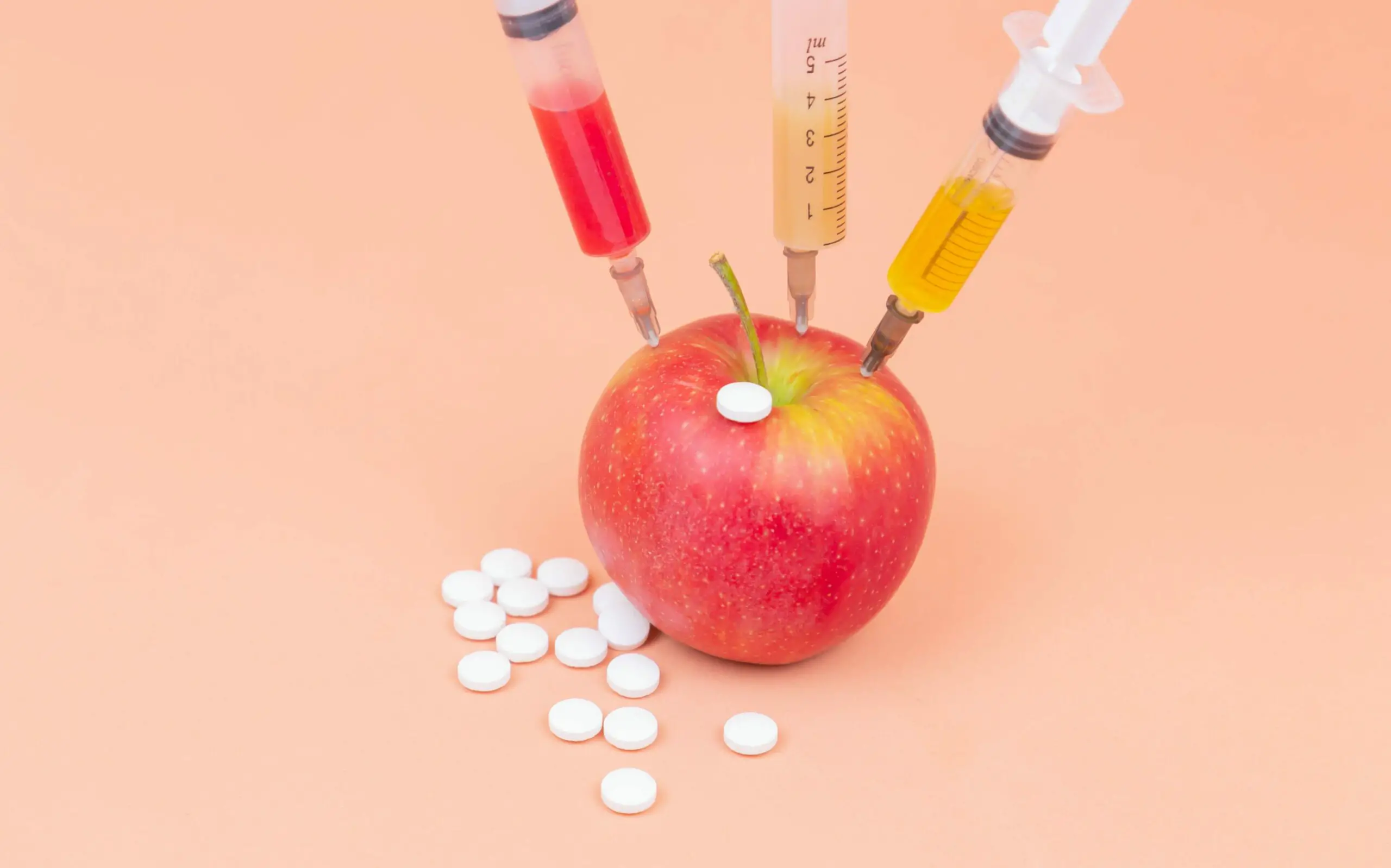Do you enjoy digging deep into the amazing processes happening around you? How a chameleon changes its colors? How the same flower can show many different colors? How a normal sunscreen can protect our sensitive skin from tanning? Here we will see about Biochemistry Jobs.

Biochemistry Jobs
The answers lie in the simple principles of biochemistry. These phenomena are the outcomes of certain reactions happening inside the bodies of living organisms (plants, animals, and human beings). To play with this science and create something revolutionary for mankind, an understanding of biochemistry is required.
This is an interdisciplinary field, that integrates the principles of biology and chemistry, and generally deals with chemicals related to the human body.
In simple words, it is a science that allows us to understand various chemical processes happening in the flora and fauna. It deals with the processes happening inside the body of living organisms. For example, aging in human beings, the growth of a plant, bacteria or viruses, and much more.
Industries that need Biochemists
Since we are focusing on potential careers after a biochemistry degree, we need to understand which industries need biochemists and why they need them.
All the industries dealing with humans, plants, microorganisms, and animals need and hire biochemists for biochemistry jobs. These industries are the pharmaceutical industry, agriculture, healthcare, biotechnology, and other related fields that offers biochemistry jobs.
Job Openings for Biochemists
Following are the top jobs that are waiting for all you aspiring biochemists.
1. Pharmacists
To practice distributing medicines, you need to have a background in biology, chemistry, and medicine. Biochemistry is an excellent option for anyone who wants to pursue this career. It is very easy for a biochemist to understand a particular drug and prescribe it. Pharmacy is considered an application of biochemistry.
Pharmacists secure one of the top ranks in terms of salary, with entry-level salaries being $112,690.
Whereas 75% of pharmacists make more than $145000, making the average salary to be $128,710.
2. Researcher
We often notice that some medicines are very effective in treating a problem whereas some take a lot of time for the same. This happens due to a lack of research and development of that particular drug. A researcher makes biochemical processes more precise, to reduce the cost and increase efficiency.
Researchers make a decent amount of money and are one of the happiest jobs.
The salary ranges from $67,710-$127,980 which makes an average of $94,270. However, selling a patent to the industry will increase the yearly salary.
3. Biotechnologists
If you closely look at the subjects that are studied in biochemistry, you will find that biochemistry is a tool used by biotechnologists to carry out various processes. Biochemistry is directly related to biotechnology, so there are minimum extra efforts that are required by a biochemistry student to work in this field.
The average salary of a biotechnologist is $125,400.
The salary range is $108,397-$163,418.
This can vary with many factors such as experience, job location & company.
4. Laboratory Technician
To carry out various experiments smoothly, a laboratory technician plays a vital role. Numerous sophisticated instruments are required for research and they are needed to be handled and operated carefully, this is the job of a lab technician. A lab technician assists the researchers at all times. The growth in this job is limited as compared to other jobs because you won’t be performing any experiments.
The average Salary of a lab technician is $54,180
The range is $39,680-$69,650.
6. Life Science Consultant
A life science consultant finds alternatives to experiment, and what is the best method a scientist can adopt to minimize the cost, energy, and hazardous reagents? A life science consultant gives a free flag to any experiment before it takes place in the laboratory. Today, scientists are working to develop greener reactions, so this field will have growth in the future.
The entry-level salary is $65,000
It goes up to $112,000 depending on the size of the firm or hospital you are working with.
7. Forensic Scientist
A forensic scientist is a person who understands the crime scenes, gathers evidence like body fluids, photographs the place of accident, and helps government agencies to strengthen law enforcement. This field is slightly different than all the other fields mentioned here. For anyone interested in law or crime, the forensic department is an amazing option.
The average salary for a forensic scientist is $58,293
With entry-level salary being $40,566, and most experienced ones making $83,768.
Conclusion
Having a degree in biochemistry allows students to explore their interests. They can work in a wide range of industries, from pharmacy to forensics, and from agriculture to laboratory technician. Having extra certifications and projects will help the students get a better job profile. These were the top 6 jobs that have a direct link with biochemistry. Hope you found your best fit.
Frequently Asked Questions
1. Is Biochemistry tough?
Chemistry and Biology are the two subjects in which you have to memorize a lot of things, if you have a sharp memory and an interest in biochemistry, it is not tough at all. It is a valid pre-med major as well, in fact, most of the medical school pre-requisite courses are covered in biochemistry.
2. What is the average salary of a Biochemist?
The salary may lie anywhere between $60,000 to $130,000. Generally, pharmacists and researchers get higher salaries as compared to other professions. One must consider pursuing research in this field and developing something useful for the industry, to sell your patent.
3. Does Biochemistry has a future?
Yes! The world will always need people to do research, develop medicines and vaccines, investigate crime, and operate high-end laboratories. There is no chance that this career will disappear in the future.
4. What are the sub-categories of Biochemistry?
The main categories are enzymology, metabolism, and structural biology. However, if you choose Biochemistry as a major in your college, you will have to study all three as a part of your curriculum.